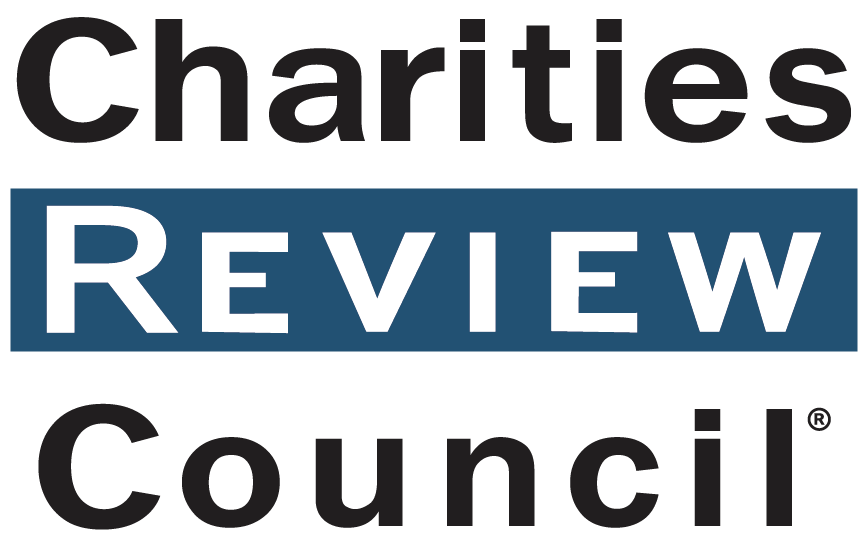Kris Kewitsch | Executive Director, Charities Review Council | May 2024
Planned Giving: Maximizing Benefits for Both Donors and Nonprofits
Planned Giving refers to the process of maximizing a charitable gift during your lifetime or as part of your will, involving financial or estate planning techniques that extend benefits for both you as the donor and your charity of choice.
Doesn’t planned giving require significant financial resources? No, planned giving is defined by the commitment to give over time, not by the gift amount. You can align planned gifts to your means, from establishing a legacy fund to leaving a simple bequest in your will for your favorite charity.
Planned giving can be a big win for donors and their families.
Legacy: Planned giving allows donors to leave a lasting impact on causes they care about. It enables them to create a legacy that reflects their values and beliefs.
Finances: Planned giving can offer donors significant financial benefits. By strategically incorporating charitable giving into their financial plans, donors often maximize tax deductions, minimize estate taxes, and optimize their overall financial situation.
Family: Defining your legacy and solidifying your financial intentions through planned giving will provide your family peace of mind and confidence in knowing your desired charitable contributions will be fulfilled.
Planned giving can also be a big win for nonprofits.
Sustainability: Planned giving provides nonprofits a reliable source of funding. By securing future gifts, organizations can better plan for their long-term needs and weather other fluctuating funding uncertainties.
Diversification: Planned giving offers nonprofits a way to diversify revenue streams, as planned giving can include gifts of stock and other assets. This can reduce an organization’s risk and dependence on traditional funding sources like foundations.
Stewardship: When your organization is prepared to foster planned giving through effective education and thoughtful communication with your donors, your nonprofit can build the trust and loyalty required to steward planned giving commitments.
As abundant as the benefits of planned giving are, there are also many considerations for which you’ll want to consult your financial advisor and resources like the Minnesota Gift Planning Association (mngpa.org). Leave A Legacy Minnesota (leavealegacymn.org) is a great place to start if you do not have the support of a financial advisor.
Check out this post for a few quick tips to get started on planned giving.

